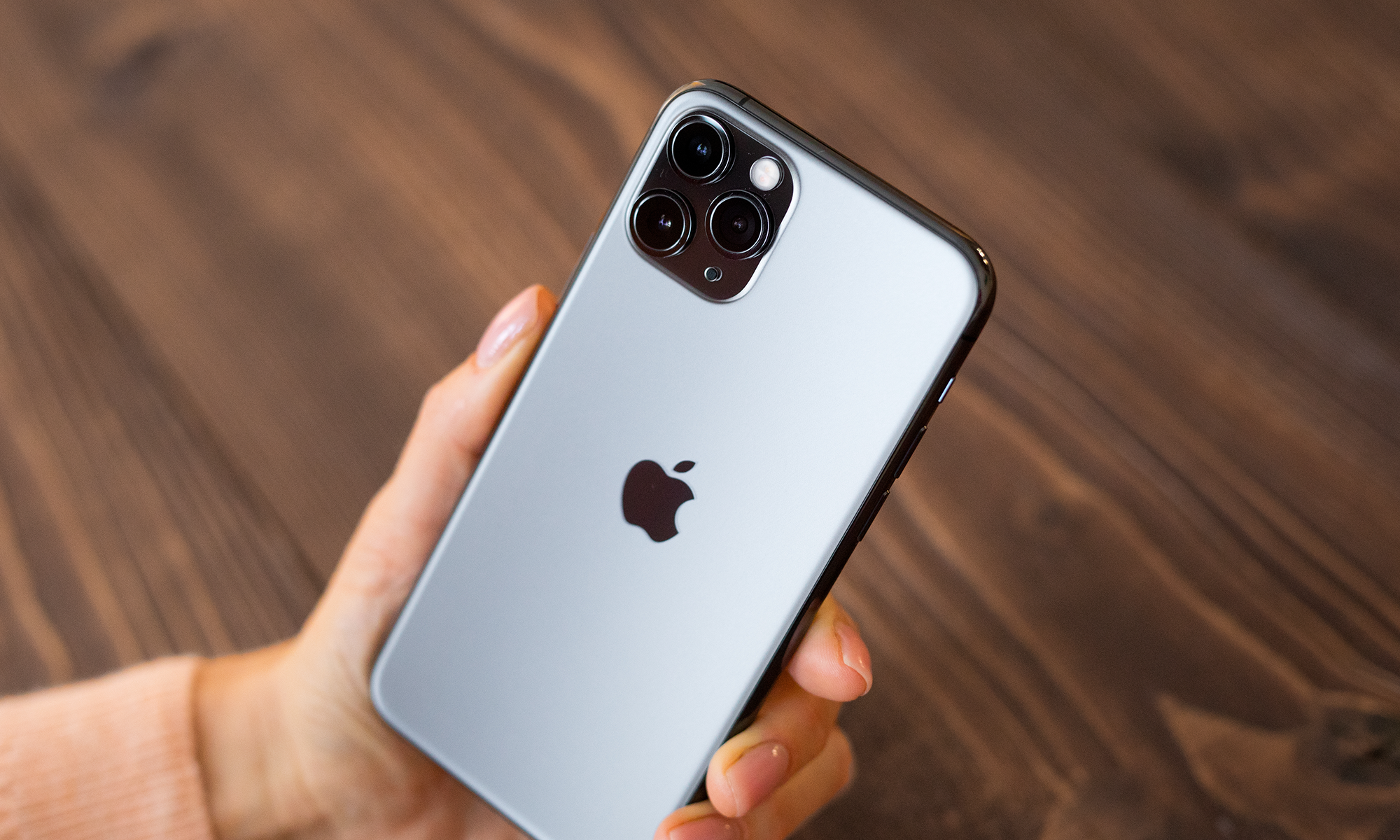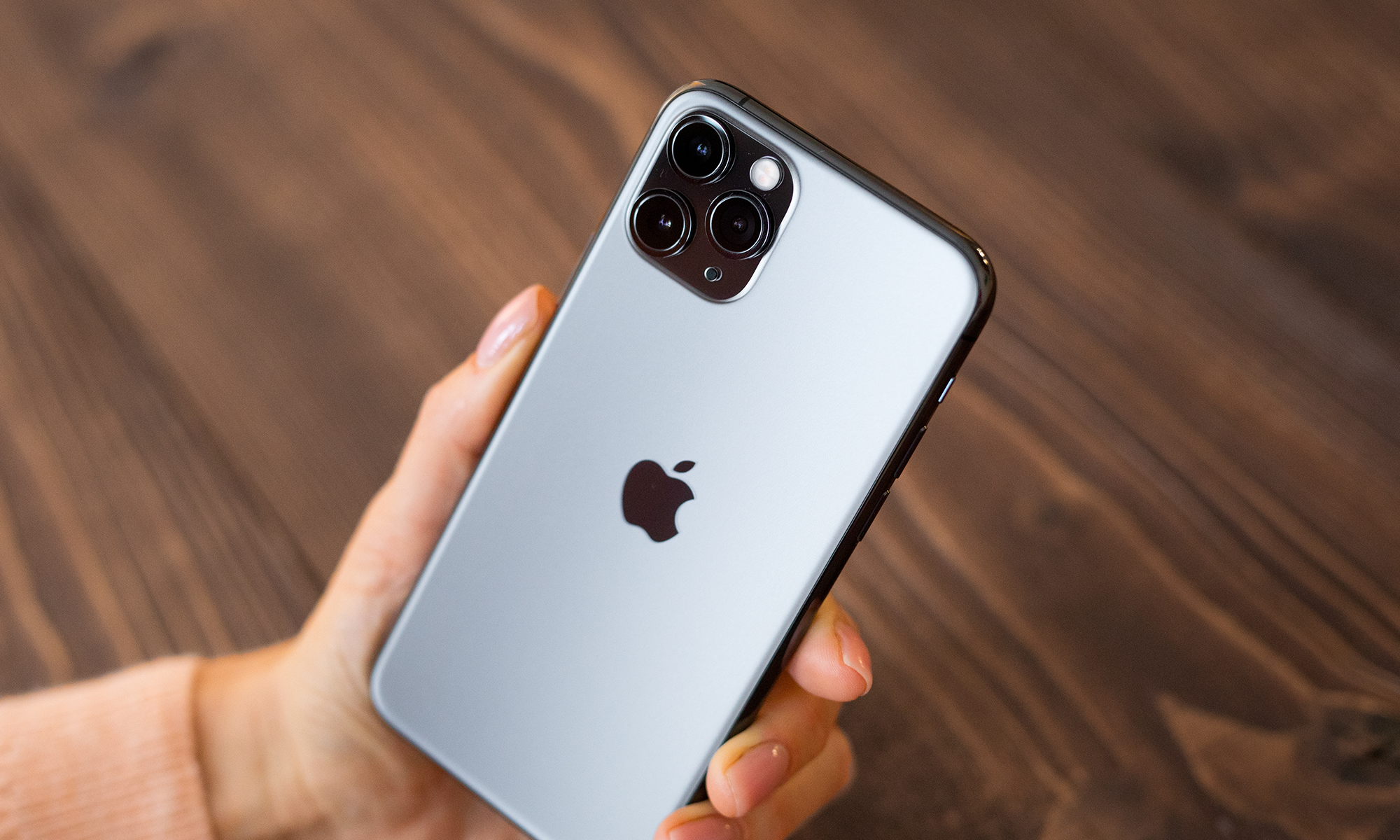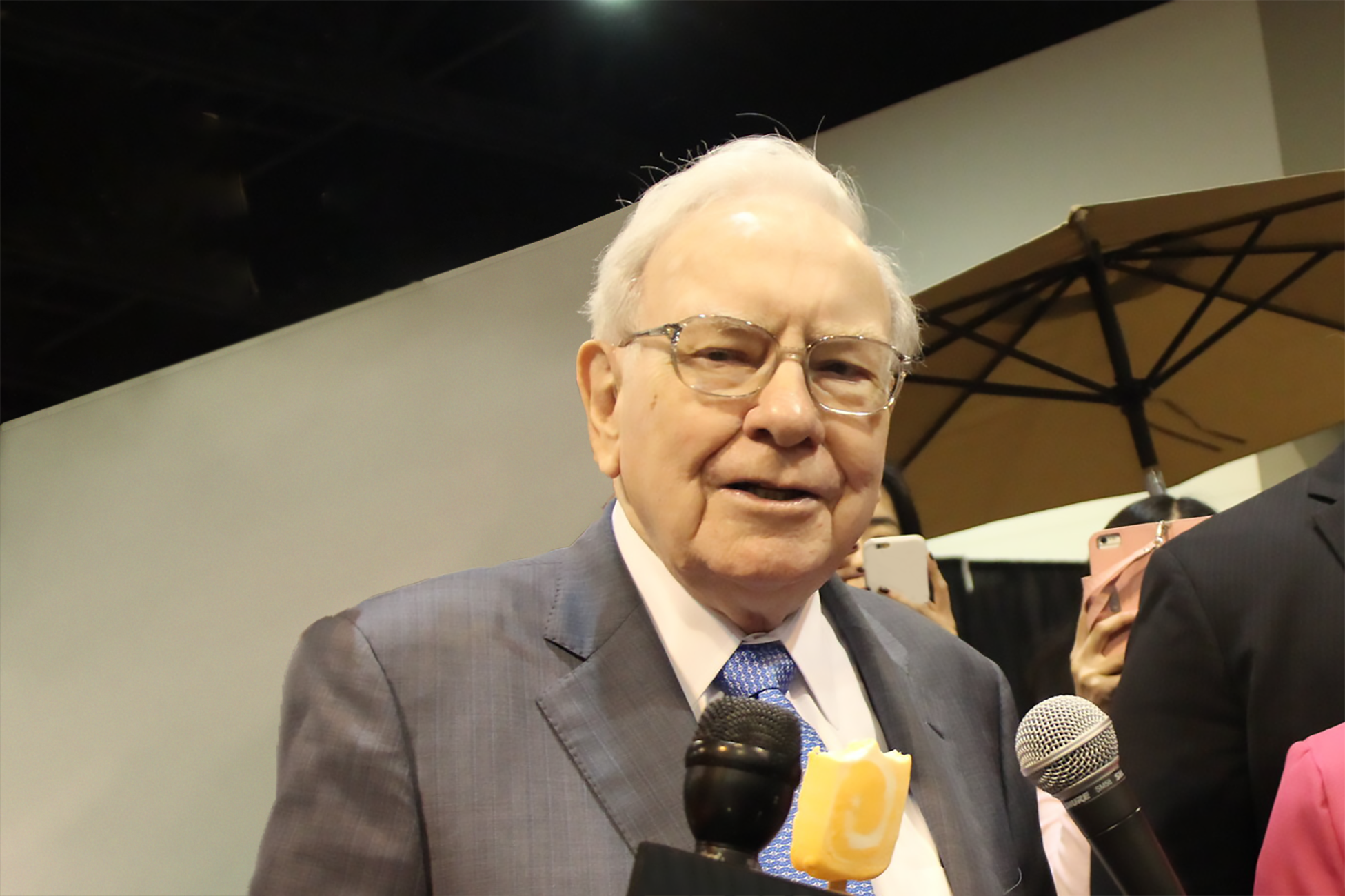
Source: Office.com
According to tracking firm App Annie, the top iPad app is currently... Microsoft (MSFT +0.51%) Word? Yes, Microsoft has brought its top productivity products to Apple (AAPL 0.56%). Microsoft has fallen behind both Apple and Google's (GOOG +0.59%) Android in the tablet wars, and needs this chance to woo more Office subscribers. But what does Apple get from the deal -- and are the terms worth it for Microsoft?
Microsoft launched versions of Word, Excel, and PowerPoint for the iPad. The basic versions are free to download from the App Store, and allow users to read those types of files. But in order to actually use the programs, users have to sign up for an Office 360 subscription that starts at about $100 a year. And Apple takes 30% off of each subscription completed through its system.
Does incurring that loss make sense for Microsoft in the long term?
Microsoft loses tablet share
Microsoft designed Windows 8 so that it would look harmonious when moving between a PC and a touchscreen device such as a laptop. But that experience isn't as harmonious when relatively few people own Microsoft tablets. Gartner recently released the worldwide tablet sales numbers for last year, and Microsoft trailed far behind Apple's iOS and Google's Android.
|
Operating System |
2013 Sales |
2013 Market Share (%) |
2012 Sales |
2012 Market Share (%) |
|---|---|---|---|---|
|
Google Android |
120,961,445 |
61.9 |
53,341,250 |
45.8 |
|
Apple iOS |
70,400,159 |
36.0 |
61,465,632 |
52.8 |
|
Microsoft |
4,031,802 |
2.1 |
1,162,435 |
1.0 |
Worldwide Tablet Sales to End Users by Operating System, 2013 (Units) Source: Gartner
Microsoft's holding on to barely more than 2% of the tablet market. Google was able to shoot above Apple's iOS because a high number of low-budget tablets run on a version of Android. But Apple's numbers are still nothing to sneeze at considering that the last new traditional iPad model was released in late 2012.
Microsoft's tablets aren't selling, but the company still has other products that were reimagined around the Windows 8 launch. And those products include the subscription program for the Office suite. Microsoft still needs to sell those subscriptions, so the company was forced to turn to the competition.
Bringing Office to the iPad
Apple has its own proprietary productivity software, but many people have become accustomed to Microsoft Office -- or have to use Office because of a work requirement. So, the inclusion of Office might prove a deciding factor to those who wanted an iPad, but needed better productivity software. There isn't an optimized version of Office for Android tablets yet, so that could grant Apple another advantage.
But while Apple would celebrate more iPad sales, the real cause for celebration -- and Tim Cook's tweeted welcome to Microsoft -- comes with the 30% that the company can skim off each subscription made through the App Store. And it's costing Apple nothing to make that money; Microsoft's doing all of the heavy lifting.
How much does the Office 360 subscription cost? The Home version is $99.99 per year, or $9.99 per month, and allows for installation on up to five devices, which can include any combination of PCs, tablets, Macs, and smartphones. Business versions start at $5.00 per month for each user in a Small Business, and go up to an Enterprise version that costs $20.00 per month per user. But it's the Home version that will likely see the most subscriptions through the iPad, because businesses would use more traditional means to enroll employees in the subscription.
Apple's cut will likely take about $30 per annual subscription away from Microsoft. It's a steep price for Microsoft to pay, but well worth the effort if the move better drives Office subscriptions.
Foolish final thoughts
Microsoft missed the mark with Windows 8 because the company doesn't sell enough tablets to focus on a touchscreen model. And the similarly redesigned Office 365 would languish back with the new OS if Microsoft didn't allow the software to appear in the app stores of its competitors. But Apple's the real winner here, taking 30% from each sale without having to break a sweat.








